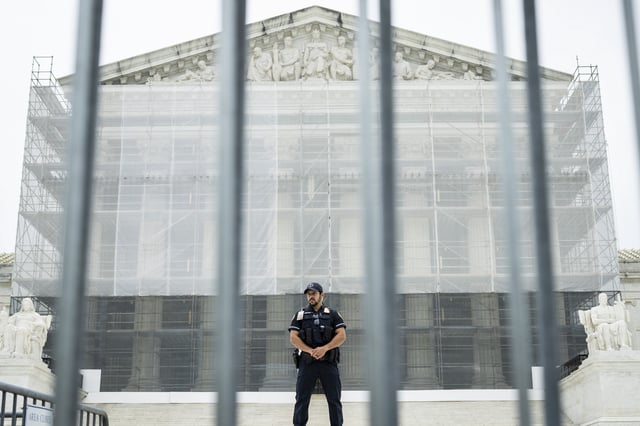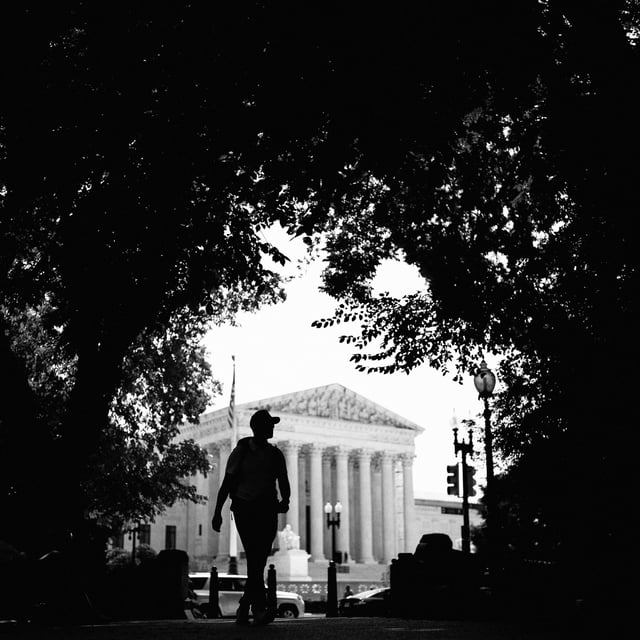Overview
- The court upheld Texas’s 2023 statute requiring pornographic websites to verify that users are at least 18 by submitting government ID or transactional data, rejecting a First Amendment challenge by the Free Speech Coalition.
- Justice Clarence Thomas wrote that age-verification falls within states’ traditional authority to shield minors from obscene material without unduly burdening adults’ protected speech.
- Justices Elena Kagan, Sonia Sotomayor and Ketanji Brown Jackson dissented, arguing the law chills adults’ rights and raises privacy and data-security concerns.
- The ruling restores enforcement of a law that had been enjoined by a district court, reinstated by the 5th Circuit and now solidified by the Supreme Court.
- More than 20 Republican-led states have enacted similar measures, and adult sites risk fines or service suspensions unless they implement age-verification systems.


